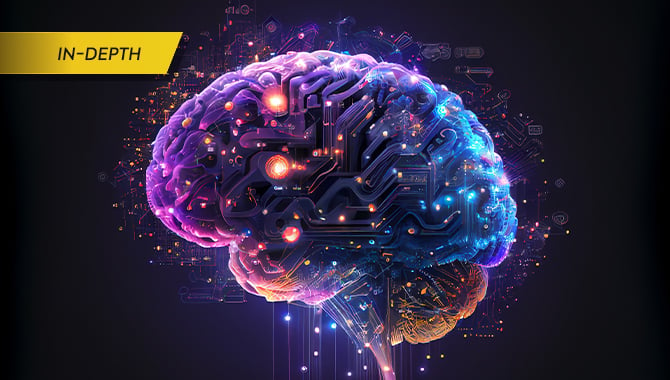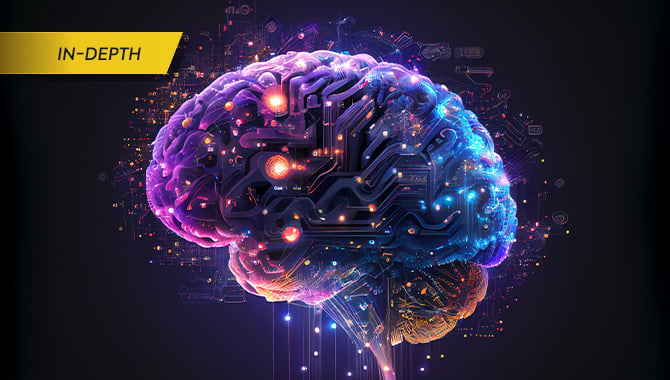
How much of a problem of mind is gambling addiction, in addition to the contemporaneous ubiquity of online sports betting? How is it that humans can get addicted to substances, yet get addicted to gambling?
What are the currents in the mind before, during and after gambling? If made aware of this, even roughly, might it become a path towards fairness for players, their loved ones and society?
It can be assumed that there are several processes in the mind around the time of gambling. However, a few of them are probably more prominent than others. Consequences, pleasure, intentionality, attention, captivation, craving and anticipation can be assumed to be key blocks in the mind during gambling. Aside from these blocks, there are relays as well. If a dynamic display is made around these, for what goes on in the human mind in gambling, it could become an aspect of consent and equilibrium, where players, roughly, access mind states, as well as loved ones, so that involvement or extrication could be somewhat tracked.
The human mind
What is the human mind? It is theorised that the human mind is the collection of all the electrical and chemical signals, with their interactions and qualifiers, in sets, in clusters of neurons, across the central and peripheral nervous systems. Simply, the human mind is the signals, the functions they mechanise, and how those functions are graded.
There are main functions and subdivisions of those functions. Main functions [and subdivisions] include: memory [intelligence, planning, analysis, thoughts, and so on], feelings [thirst, appetite, pain, sleepiness, cold, and so forth], emotions [hurt, delight, anger, love, hate, and so on], modulation of internal signals [breathing, heart rate, digestion and so on].
There are graders or qualifiers of those functions. They include prioritisation [or attention] as the most prioritised set of signals, in an instance across the mind. Just one set of signals is prioritised when a volume threshold is hit, others are pre-prioritised. Pre-prioritised sets of signals [or awareness] operate sub-optimally, though there are often fast and numerous interchanges between pre-/prioritised sets of signals. There are volume changes from side-to-side, indicating the self or subjectivity. There is also a constant diameter space for free will, intentionality, or control.
If a set of signals that organises information, in the mind, is assumed to be a block, the game [or gambling product] can be defined as a dominant block that does not just stay prioritised [or in attention], but moves to the principal spot
There are other graders like splits – where electrical signals, in a set, split in two, with some going ahead of others. There are also old and new sequences, which is a choice of distribution path, such that old sequences are useful for procedures but may sometimes indicate boredom. New sequences for learning, as well as for adventure, though new sequences for an old process could mean that something is missing. For example, a sentence that is said wrong or something that is out of place. It means the interpretation took another path.
There are distributions, arrays, thin sets, thick sets, principal spots and several others.
The Brain and the mind
The mind is different from the brain and the body, conceptually. The mind centres on the signals and their operations, while the body is everything else, including the brain. It is the mind that organises information for use with the external world. For example, vision is an interpretation of the mind – for memory – so is smell, touch, taste and sound.
Sets of signals are theorised to structure, in distinct forms to define, respective functions, separating one from the next. Sets of signals also direct relays between functions.
This concept can be used to explain gambling disorder and its grip, simplifying around blocks – as signals and relays across them.
How would the human mind define or represent gambling addiction?
If a set of signals that organises information, in the mind, is assumed to be a block, the game [or gambling product] can be defined as a dominant block that does not just stay prioritised [or in attention], but moves to the principal spot.
Simply, the game itself is a set of signals – as information on the mind. It is this game that moves to the spot, taking priority longer than usual, becoming dominant too, from the spot.
Simply, it is possible to have a dynamic AI display with probabilities, for states of mind, per situation, around gambling. It could be adjusted with the amplification of a grader or the attenuation of another. It could also work with expanding relays and so forth
Usually, distributions are constant in the mind with relays to several sets, especially those of consequences to actions. This means that in any process, the mind often touches what may result if something is done or not done. It does in attention, other times, in awareness, but consequences often get relays.
Sometimes, pleasure too may get relays, as well as others. Anticipation, or what is labelled as prediction in brain science, is a type of relay, called splits, with some going ahead of others, in a set. Anticipation may go to pleasure in attention and not to consequences.
Intentionality is a grader within blocks, just like attention, awareness, and the self are. There are some sets of signals [or blocks] without intentionality. But there are others with intentionality, then compressed.
In simple terms, there are blocks [sets of signals], within which there are some graders, and then there are relays or distributions.
So,
[Game2] –> [Pleasure] –> [Consequences] and so forth.
Where
2 is a grader,
–> is a relay, which could be a split for anticipation.
[ ] is a set of signals for which a function is defined.
Simply, it is possible to have a dynamic AI display with probabilities, for states of mind, per situation, around gambling. It could be adjusted with the amplification of a grader or the attenuation of another. It could also work with expanding relays and so forth.
In some cases, the blocks may thicken to show the extent of the gambling disorder.
Equilibrium in gambling
There is a recent article on Gambling Insider, Australians calls on Prime Minister and Opposition leader to ban gambling ads, stating that, “Australia’s Alliance for Gambling Reforms has sent an open letter signed by 60 prominent ps, including former prime ministers, premiers, MPs, sportspeople and ps in academics and businesses to push for a ban on gambling ads. The ban would also cover inducements and promotions used to entice people who were trying to quit gambling.”
It is possible to fight gambling disorders with several restrictions. However, looking closely at how the human mind works, the grip may be an important way to ensure that prompting, craving, anticipation and others are prospected on a conceptual display; for the possibility to take the battle to mind and give those linked to gambling a fairer clarity.



